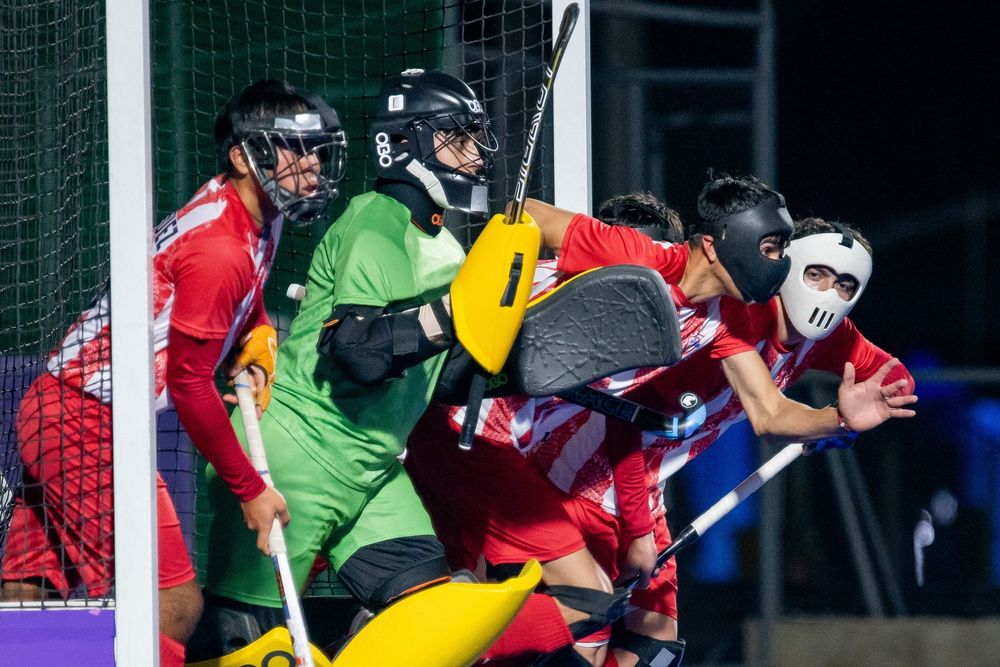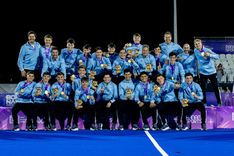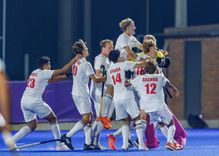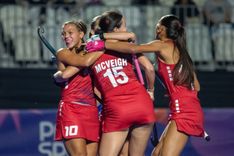High-performance competition begins at a young age. The Junior Pan American Games held in Asunción will be remembered by many as their first major official tournament. For others, perhaps already with senior-level experience, it was a chance to step up as leaders and guide the younger players.
Each team traveled with a goal. Achieving it is not always possible, but the experience is deeply enriching at this stage of life. From August 9 to 23, the hockey tournament took place in Paraguay’s capital, awarding two spots (one men’s and one women’s) for the upcoming 2027 Pan American Games. Argentina’s dominance was absolute: both Las Leoncitas and Los Leoncitos claimed the gold and secured qualification. Still, there were smaller but meaningful milestones reached by other nations that are worth highlighting.
The women’s final was between Argentina and the United States. The South Americans won 3–0, yet reaching the final itself was an achievement for the team carrying the stars and stripes. They knew they were facing the toughest rival and could suffer defeat. The podium was completed by Chile, who defeated Uruguay’s Cimarroncitas in a shootout (3–2). In the men’s competition, Argentina beat Canada 4–2, while Chile earned bronze against the United States by the same score.
Although these teams wore the medals, there was a silent winner who triumphed without standing on the podium. The host, Paraguay, knew that bringing the best continental hockey to its soil would be a fundamental step in its national growth. The infrastructure was already there, but hosting duties prompted the reconstruction of the pitch and upgrades to the entire sports complex. Tireless work ensured that the field was perfect when the players stepped on the turf, and that the surroundings offered full comfort. Locker rooms, network connections, and many other details were improved to the highest standards.
Pilar Burundarena was the person who made sure everything went right. In her role as Sport Manager of the Asunción Junior Pan American Games, she was key to fulfilling every need of the sport of sticks and balls. “Being the host of an event like this came with great expectations, especially with the reconstruction of the field that kept us very excited. The responsibility was enormous,” she explained. Fortunately—or rather thanks to a lot of hard work—everything turned out as expected, or even better. Because they know that these tournaments are a spark for young girls and boys to become curious, to explore, and to start playing after watching so many national teams together. The legacy has already begun...
They are also aiming to host more competitions: “Paraguay is bidding to host the Multigames in 2030 and 2031, which is why the Asu2025 project was so important. It was a way to prove the country is ready for major events,” Pilar added. “As for hockey, it was also important to compete and strive to reach a higher level.”
For some time now, Las Aguaras and the Paraguayan men’s national team have been working to climb higher. This tournament was undoubtedly a space where there was only room to grow. They won without wearing a medal.




